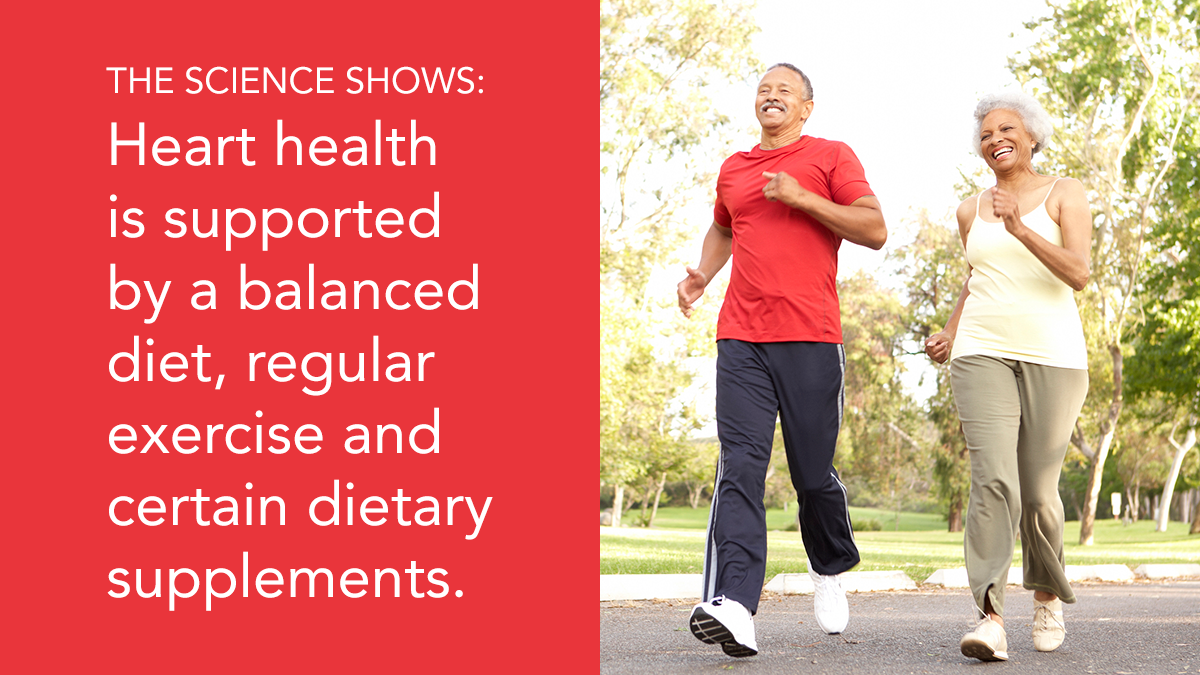
Past Editions—Need to Know Archives
SPORT cholesterol study misses the mark: Pharma-funded trial ignores FDA-reviewed claims, stacks the deck against supplements, and discredits range of products for heart health

CRN is pushing back on coverage of the “Supplements, Placebo, or Rosuvastatin (SPORT)” Study presented at the American Heart Association Scientific Sessions and published in the Journal of the American College of Cardiology.
-
See CRN’s statement here.
SPORT, funded by AstraZeneca, the company that markets Rosuvastatin, compared the effect on low-density lipoprotein-cholesterol (LDL-C) from the funder’s low-dose statin with placebo and six dietary supplements during a 4-week period: fish oil; cinnamon; garlic; turmeric; plant sterols; and red yeast rice.
“Dietary supplements are not intended to be quick fixes and their effects may not be revealed during the course of a study that only spans four weeks, particularly on a multifactorial condition like high cholesterol,” said Andrea Wong, Ph.D., CRN’s SVP, scientific and regulatory affairs. “This is a major—and author-acknowledged—limitation of the study.
-
This was a single-blind trial, meaning the subjects did not know what product they were receiving but the researchers did. Not having the study product blinded to the researchers increases the risk of bias.CORRECTION/BACKGROUND: This point is not correct and was included in error. In fact, investigators were blinded to participant study group allocation. Participants were not informed of study group allocation and supplements were repackaged into unlabeled bottles. However, given the various supplement pill regimens (different numbers of pills per day of assorted shapes and sizes), formal participant blinding was not undertaken.
“It’s as if the study was set up for misdirection and failure of the supplements,” Dr. Wong noted in CRN’s statement. “While all the supplements included in the study are well-recognized for their benefits related to heart health, only three are marketed for their cholesterol-lowering benefits.
-
The CRN Foundation’s “Supplements to Savings” report includes data on several dietary supplement ingredients—including omega-3 fatty acids and their impact on coronary artery disease.
-
Since 2000, FDA has allowed heart disease health claims for plant sterols.
-
In 2022, FDA announced a qualified health claim for products containing magnesium for reduction of blood pressure. In addition, FDA permits the use of claims for omega-3 fatty acids and reduced risk of coronary heart disease and hypertension.
“Both prescription drugs and dietary supplements have beneficial roles to play in achieving better health,” Dr. Wong observed. “Supplements are not intended to replace medications or other medical treatments. Instead, they support and maintain health, and in conjunction with a healthy diet, physical activity, and regular check-ups with a healthcare professional, they can help reduce disease risk.”
CRN responds to Wall Street Journal article criticizing gummies

Last month, CRN responded to a Wall Street Journal article that mischaracterized adult gummy supplements and vitamins.
Putting it into context: Andrea Wong, Ph.D., CRN’s senior vice president of scientific and regulatory affairs, offered the following advice in response:
-
Supplements come in a variety of forms—pills, tablets, capsules, liquids, powders, chewables, and gummies—to meet various consumer needs and preferences.
-
Gummies can be a helpful option for those who have difficulty swallowing pills, are looking for more innovative delivery forms, or just don’t like traditional tablets and capsules.
-
Consumers are encouraged to carefully review labels for nutrition information to help them select the products and the serving amounts that best suit their needs.
-
Dietary supplement labels provide clear directions for their use and purpose, including the amount that should be consumed.
“A wide range of delivery forms for consumers to choose from allows more access to essential nutrients and other beneficial ingredients that are important for optimal health,” Dr. Wong explained. “While a balanced nutritious diet is important, government research shows most Americans do not get all the nutrients they need from food alone, and supplementation is a critical tool to help meet these needs.”
CRN calls for policies addressing nutrition disparities, not only hunger

CRN urged the White House Conference on Hunger, Nutrition, and Health, which convened in September for the first time in more than 50 years, to identify policies that address disparities in nutrition as well as hunger.
“Better nutrition leads to healthier lives,” observed CRN President & CEO Steve Mister. “Public policy should consider how to increase intake of essential nutrients among all socioeconomic groups and to address nutrition disparities that lead to chronic disease and missed opportunities to reduce these illnesses.”
-
CRN reminded the White House Conference In a July submission, that expanding access to dietary supplements for low-income and underserved populations is critical to creating a healthy and nourished nation, again highlighting key recommendations in a September letter.
Attention to private sector initiatives/partnerships to increase nutrition access and calling for including multivitamins/mineral supplements in Supplemental Nutrition Assistance Plan (SNAP) benefits were among CRN’s recommendations.
-
CRN’s Act for Access program challenged its members to volunteer or donate to non-profits between June and September, and has demonstrated success with broad participation.
-
Existing research demonstrates low-income and food-insecure adults are at greater risk of nutrient shortfalls. Amending the SNAP program to allow beneficiaries the opportunity to purchase multivitamin/mineral supplements (currently prohibited) would help address the socioeconomic nutritional gap and help achieve improved food access and affordability.
The bottom line: “If we can properly feed and nourish our most vulnerable Americans, then we have a real opportunity to prevent, and possibly eliminate, some of the chronic diseases that have afflicted us for many years. In turn, we may see a change in how we approach our overall healthcare system,” observed Andrea Wong, Ph.D., CRN’s senior vice president, scientific and regulatory affairs, who co-signed CRN’s letter with Mister.

